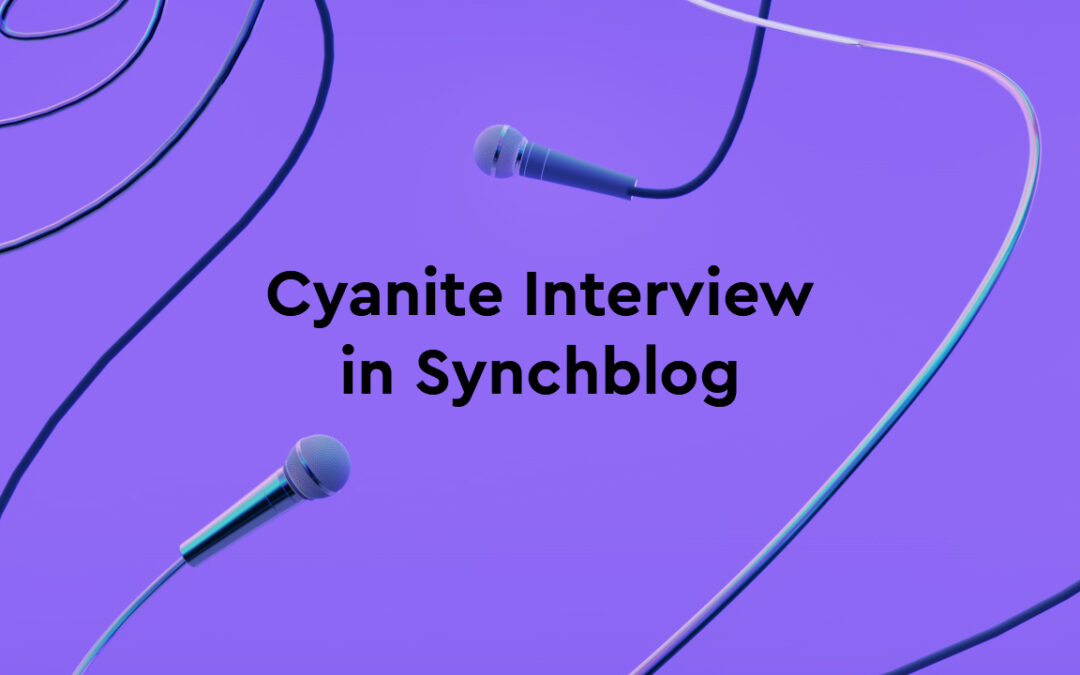
Synchtank & Cyanite Interview: Revolutionizing Sync with AI Music Metadata
“Cyanite’s vision is to create a universal translation intelligence for music – an intelligence that can translate music into anything and anything into music…”
On May 18th, 2022, Cyanite was interviewed by Synchtank’s blog alongside AIMS founder Martin Nedved. Our CMO Jakob Höflich talked to Synchtank about Cyanite’s philosophy and concrete use cases.
The article focuses on the future of music search and the latest developments in metadata and music tagging. It outlines the ways Artificial Intelligence (AI) is revolutionizing the industry bringing in a plethora of opportunities for catalog owners from classifying catalogs to finding the right fitting songs for sync briefs in a matter of seconds. Finally, it reveals some innovative developments at Cyanite that change the nature of music search as you know it.
To read the article and learn more about AI developments, similarity algorithms, and music information retrieval head over to Synchtank’s blog – High Fidelity: How Can Advancements in AI Music Metadata Revolutionize Sync?
We were invited to contribute to Synchtank’s blog by Emma Griffiths, Synchtank’s content manager.
I want to integrate AI in my service as well – how can I get started?
If you want to get the first grip on Cyanite’s technology, you can also register for our free web app to analyze music and try similarity searches without any coding needed.
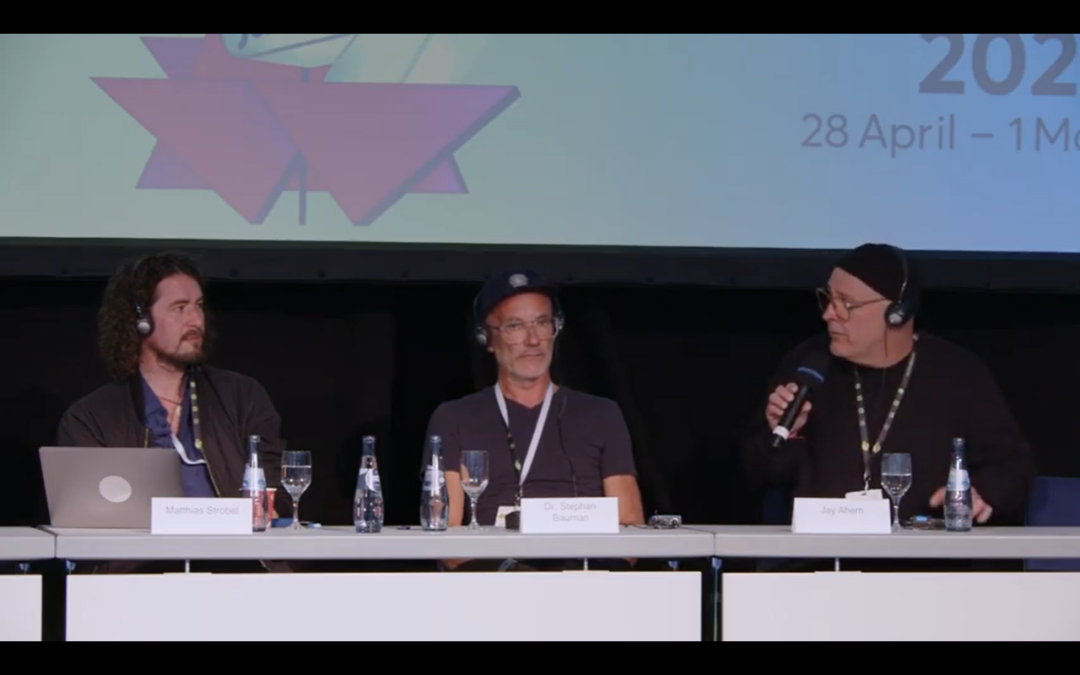

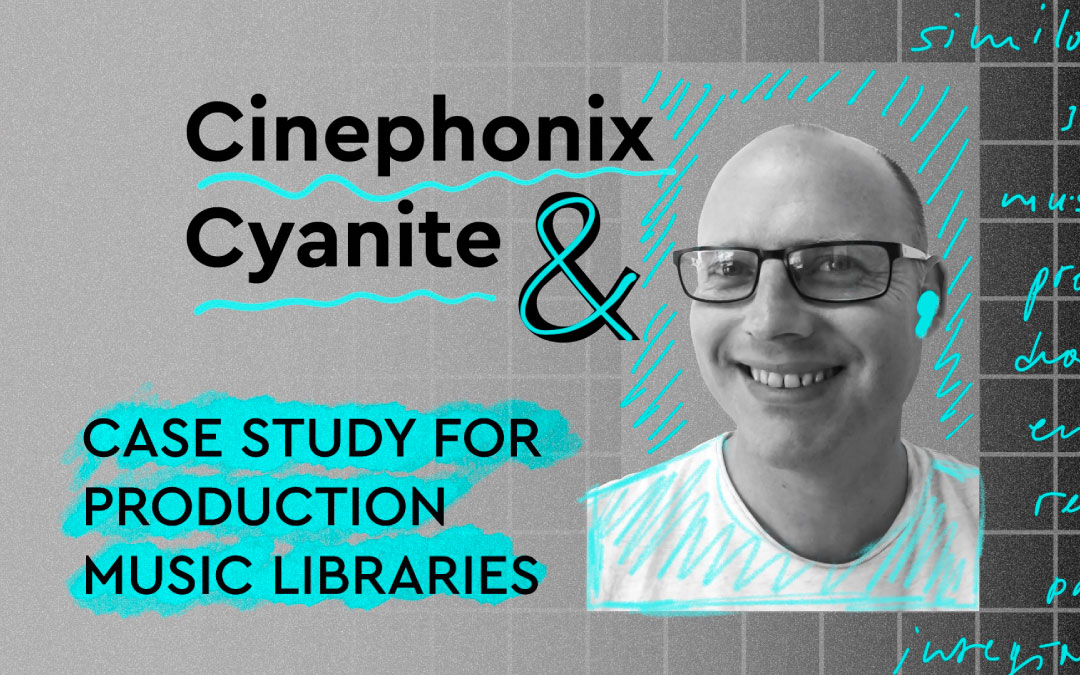
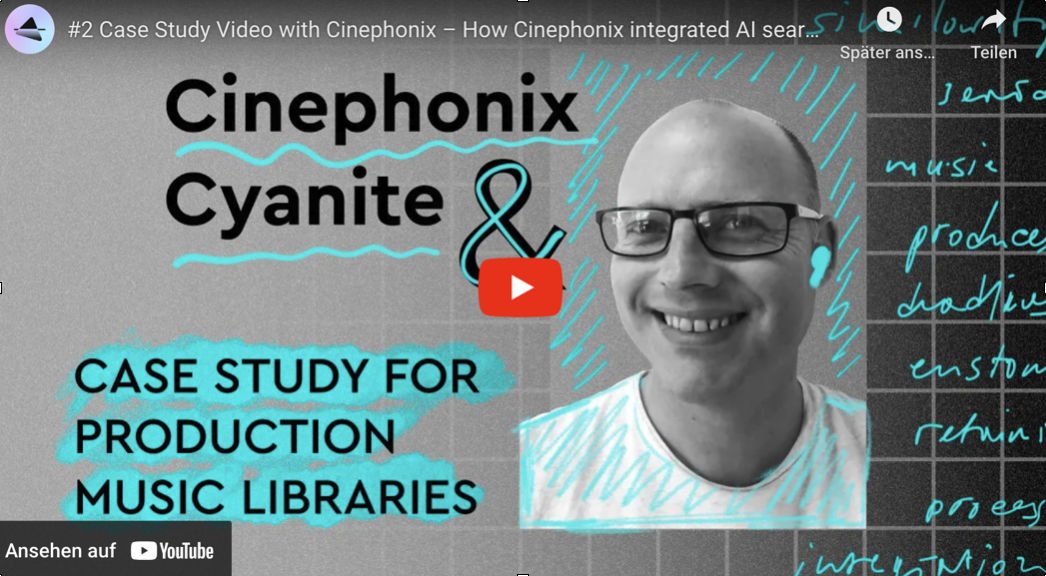
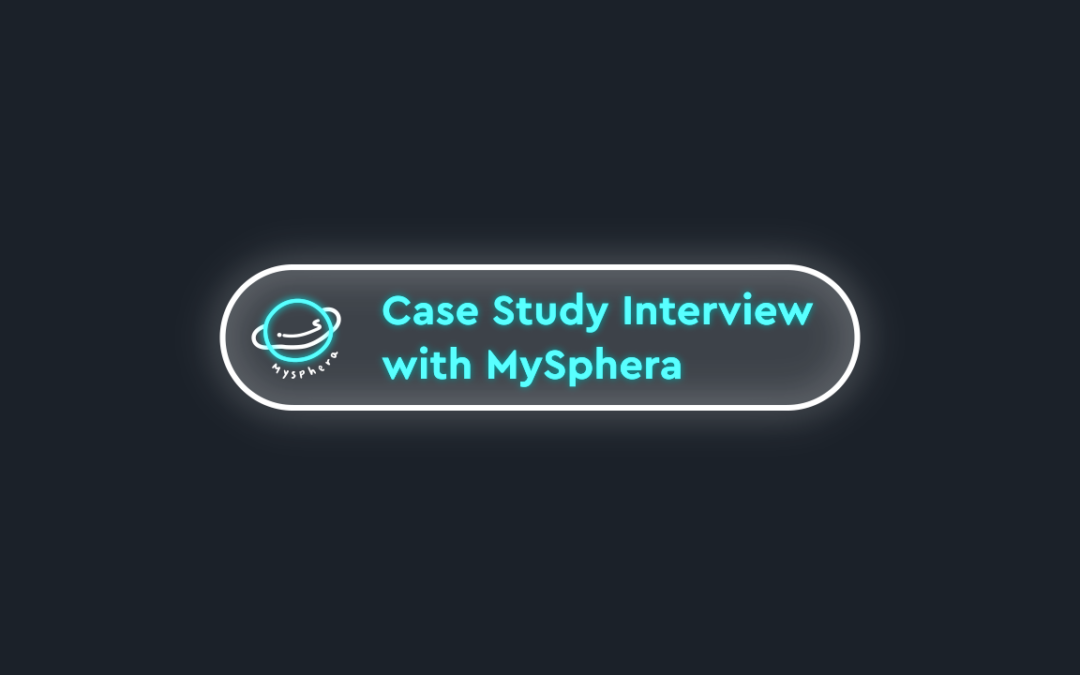
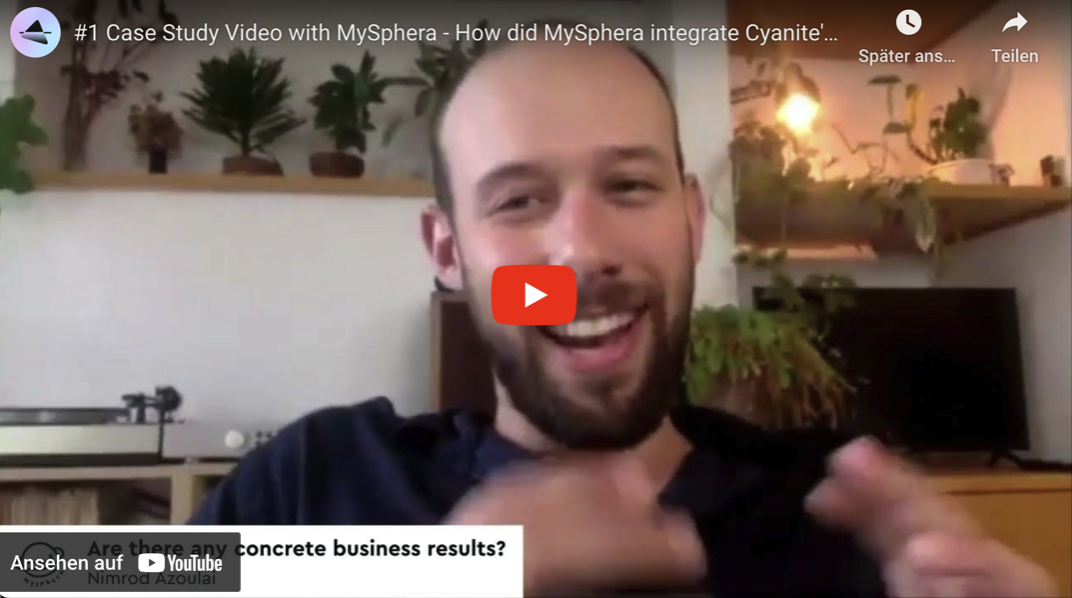

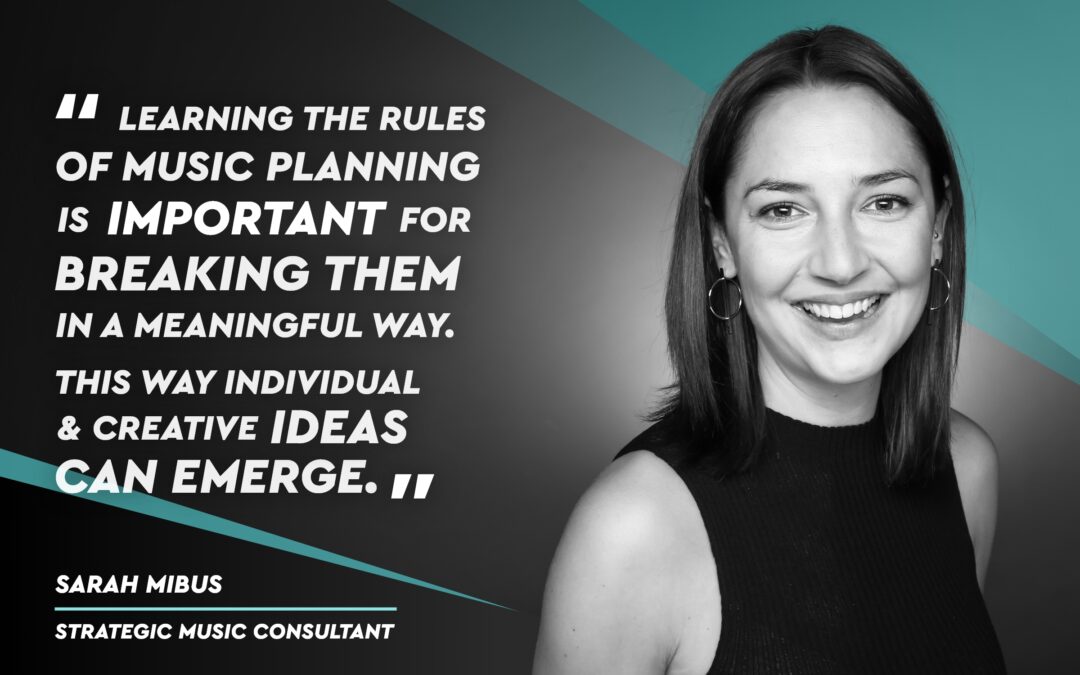


“I think it’s important to learn the rules of music planning and music use in order to then break them in a meaningful way. In this way, individual and creative ideas can emerge.”